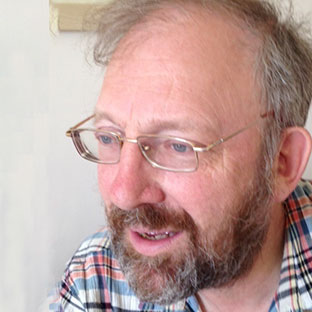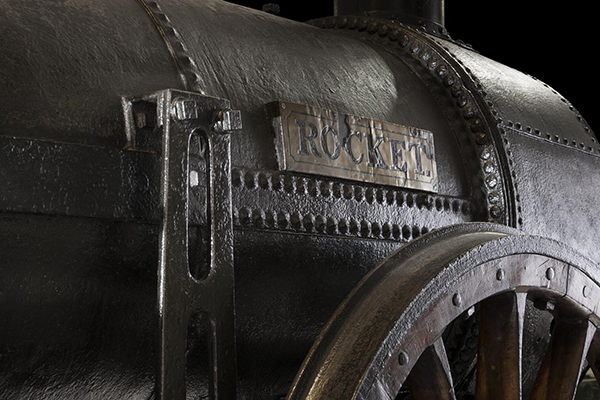In my work at TalkShop, I’ve been inspired by experiments in new types of people-led politics around the world. The 2019 local elections gave me a chance to make it happen in my own community.
Herefordshire, where I live, saw a Conservative Party administration replaced by a coalition of independents, the Green Party, and local party ‘It’s Our County’.
With the climate emergency top of the agenda, the new council was looking for new ways of doing politics. I helped organise three events where we talked through how to do this.
How a deck of cards can help democracy
Talk Shop provided a deck of sixty cards. How does a deck of cards help? Each card had an idea for doing local politics differently that had been tried out somewhere in the world. The cards cover pretty much everywhere – if not quite A to Z, at least B (Burnley, Lancashire) to Z (Zeguo, China).
The idea is that each card is drawn, and the group talks about if they like it. At the end of the meeting, we vote for our favourites. The first meeting had two clear winners:
- Parish People’s Assemblies in all 53 ward areas (this takes the citizens juries and assemblies that have been held in many places – Coldstream in Scotland and Gdansk in Poland to name two – and adapts them to the parish level)
- Website for residents to vote on key issues (this idea was inspired by what happens in Reykavik in Iceland)
Here are some of the other popular cards that came up, and the places that inspired them.
Improving the workings of the council
This proposal was inspired by Porto Alegre, Brazil, which pioneered ‘participatory budgeting’.
This is basically a council budget that everyone takes part in. The city set up a Community Relations department which organised regional budget forums to help write the city budget. One of the best things about this example is the high rates of participation by citizens who are often marginalised - such as poorer citizens, less educated citizens, and women.
De-politicising some issues
The inspiration here came from Wisdom Councils in Vorarlberg, Austria. A Wisdom Council is similar to a citizens’ jury. A blend of independent experts and people come together to create a plan for each issue.
It has become part of local governance in Vorarlberg. For example, in 2015, a council was held on how to handle the influx of refugees. The results were presented to the wider public at two Civic Cafés. Then a ‘responder group’ of stakeholders and agencies co-ordinated taking action on what had been decided.
Empower people attending councillors’ surgeries
This idea came from social entrepreneur Hilary Cottam. Working with people attending MPs’ surgeries, she connected all the people with similar problems coming to each surgery, so that they could share their experiences, solve problems together, and support each other.
Assuring the well-being of future generations
Young people and children need to be deeply involved in the climate emergency. Each school could discuss the issues, and then representatives from each school could go to a young people’s council which would then meet councillor representatives. This idea is inspired by the climate emergency school strikes.
Herefordshire’s two priorities for local government
From the process, two proposals were chosen as the highest priority
The council should take a theme every quarter and use it as the basis for a series of meetings around the county
This idea came from discussing and developing the suggestion for Parish People’s Assemblies.
These would be hosted by local councillors, open to all, but with local influencers – especially young influencers - individually identified and invited.
Provide online ways for people to participate
In Reykavik, in Iceland, anyone can propose an improvement and vote on other proposals.
The 15 most popular each month are passed to the council. In the first six years, 1,000 ideas were submitted and 200 adopted. 70,000 people out of a population of 170,000 have taken part.
170,000 is roughly the population of Herefordshire. It would be wonderful to have 70,000 people chipping in on how to achieve our goals to stop climate change.
Download the deck of 60 cards that were the basis for these events.
Related articles
-
Design principles for democratic innovation
Ed Cox
Ed Cox on the opening of the International Week of Democratic Innovation at the People's History Museum in Manchester.
-
Northerners don’t think they get a fair deal from the government
Ed Cox
Could regional inequality decide the General Election? The results of our new poll of Northern voters.
-
Why we need a more progressive account of the North’s heritage
Ed Cox
Boris Johnson invokes the industrial revolution as he backs the Northern Powerhouse, but forgets the North’s more radical history demanding social and electoral reform.




Join the discussion
Comments
Please login to post a comment or reply
Don't have an account? Click here to register.
Great stuff Perry. Love the deck of cards approach. I was actually involved in participatory budgeting in the 1990s for several councils, including devising a decisions and choices board game to gain insights into citizens' thoughts and choices as they participated.
There are so many great ideas, and great practices, around if we look and share - and don't try to 'own' ideas or approaches as if they are commercial products! - and many innovative approaches have been used over the past 50 years around the world but without the profile from sharing they can be overlooked as well as re-invented.
I'd love to meet up with you on my next trip your way. I'm in York now but have a couple of good friends in Herefordshire and in Worcestershire (which I appreciate are two counties - I worked on the review that gave them their independence back!).
Regards, Paul